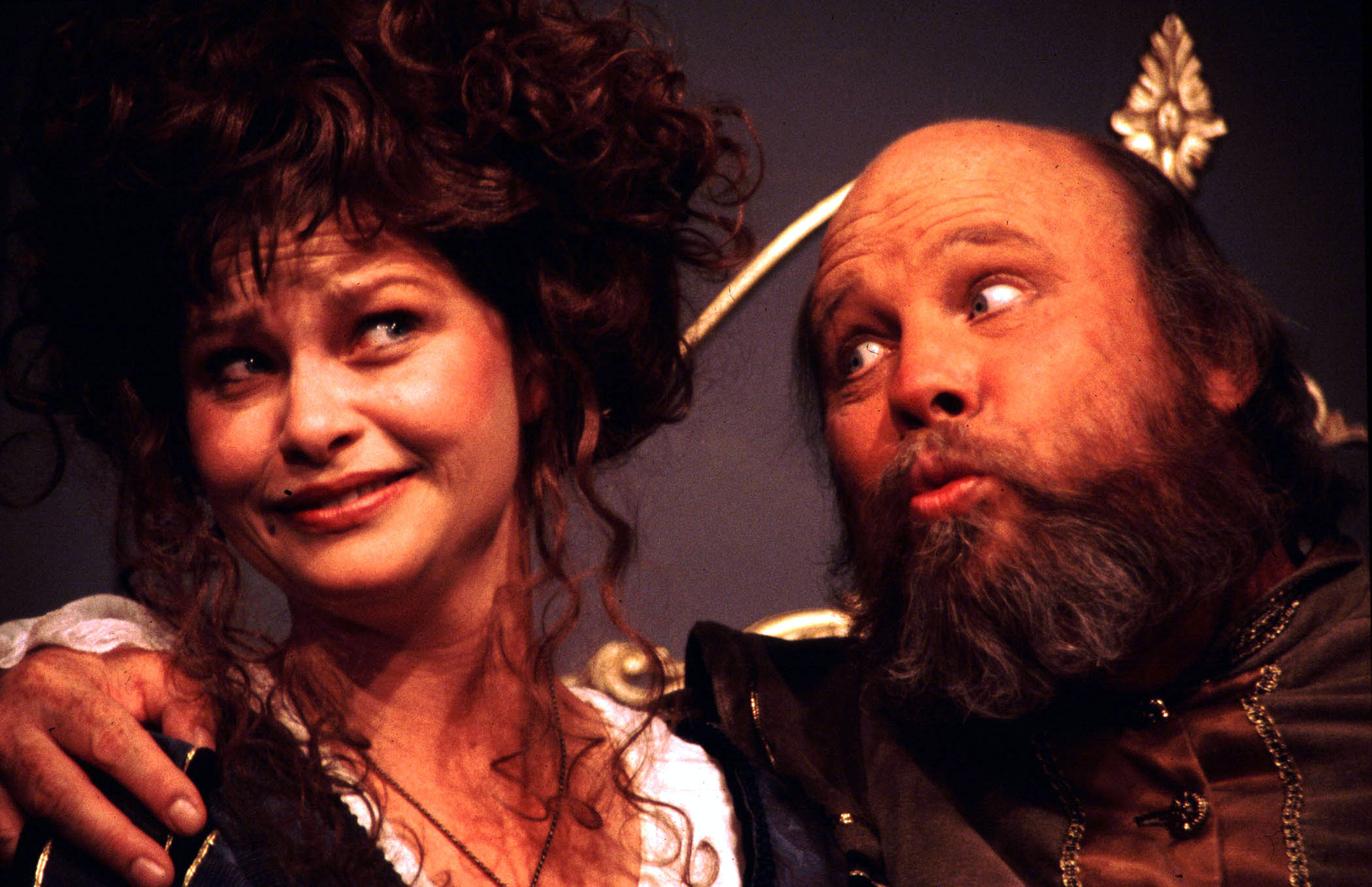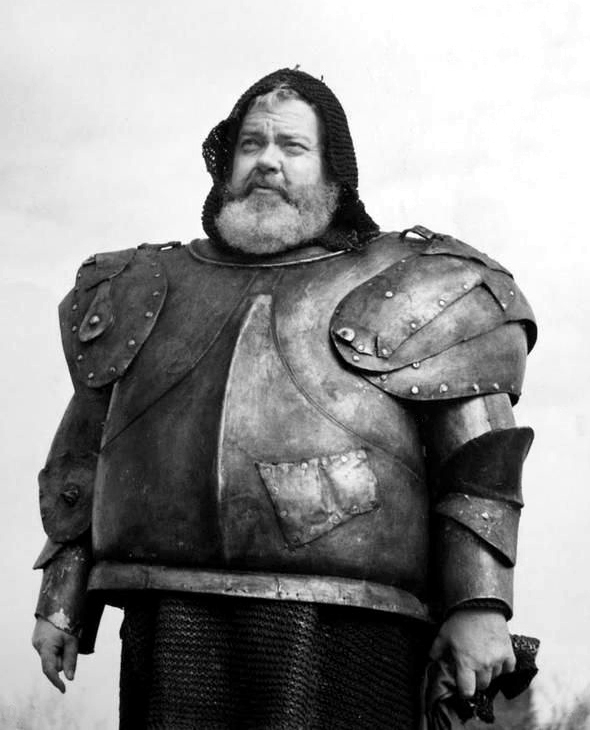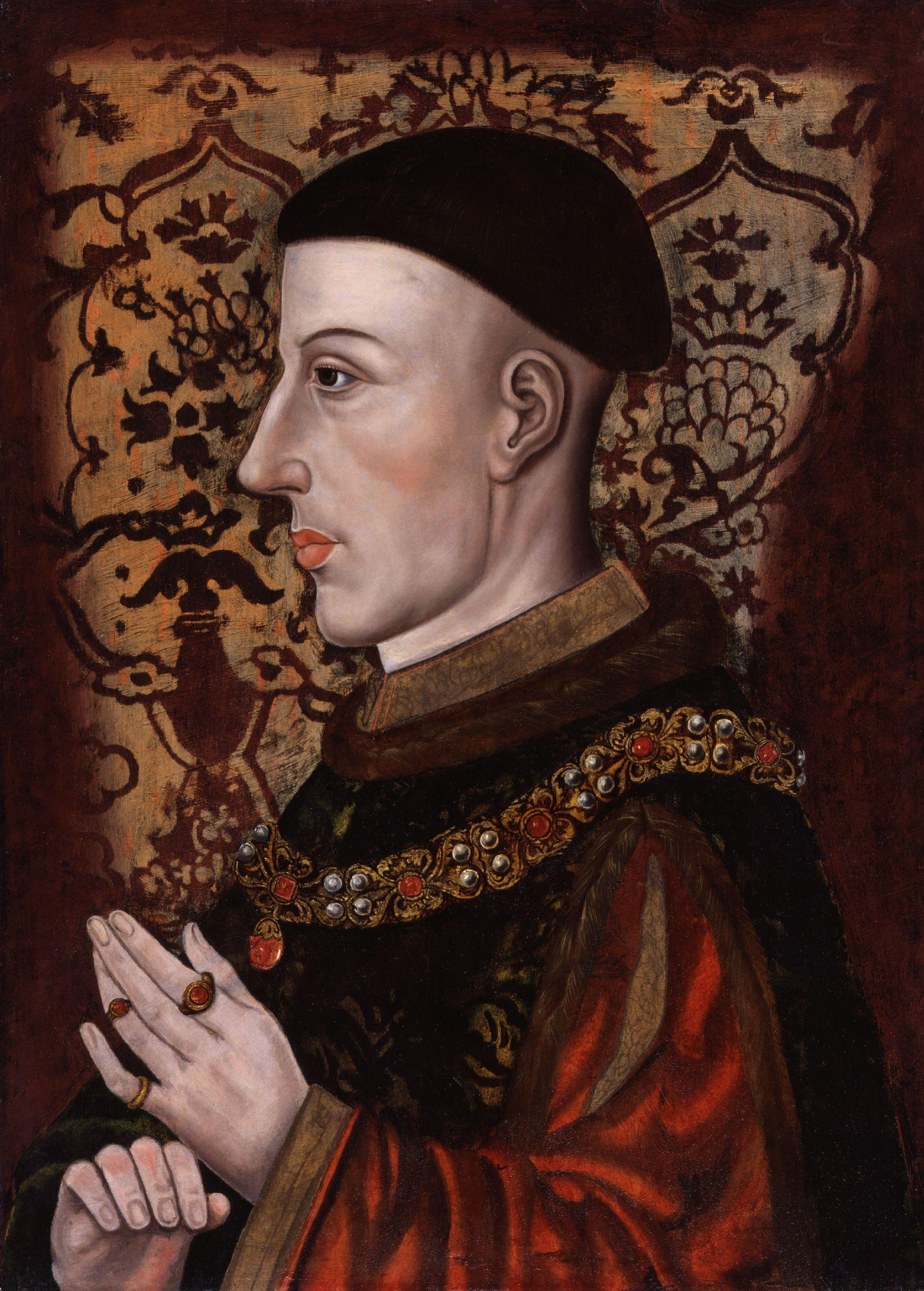|
Falstaff
Sir John Falstaff is a fictional character who appears in three plays by William Shakespeare and is eulogised in a fourth. His significance as a fully developed character is primarily formed in the plays ''Henry IV, Part 1'' and '' Part 2'', where he is a companion to Prince Hal, the future King Henry V of England. Falstaff is also featured as the buffoonish suitor of two married women in ''The Merry Wives of Windsor''. Though primarily a comic figure, he embodies a depth common to Shakespeare's major characters. A fat, vain, and boastful knight, he spends most of his time drinking at the Boar's Head Inn with petty criminals, living on stolen or borrowed money. Falstaff leads the apparently wayward Prince Hal into trouble, and is repudiated when Hal becomes king. Falstaff has appeared in other works, including operas by Giuseppe Verdi, Ralph Vaughan Williams, and Otto Nicolai, a "symphonic study" by Edward Elgar, and in Orson Welles's 1966 film ''Chimes at Midnight''. The op ... [...More Info...] [...Related Items...] OR: [Wikipedia] [Google] [Baidu] |
Chimes At Midnight
''Chimes at Midnight'' (, released in most of Europe as ''Falstaff'') is a 1966 period comedy-drama film written, directed by, and starring Orson Welles. Its plot centers on William Shakespeare's recurring character Sir John Falstaff and his fatherly relationship with Prince Hal, who must choose loyalty to Falstaff or to his actual father, King Henry IV. The English-language film was an international co-production of Spain, France, and Switzerland. Welles said that the core of the film's story was "betrayal of friendship". It stars Welles as Falstaff, Keith Baxter as Prince Hal, John Gielgud as Henry IV, Jeanne Moreau as Doll Tearsheet, and Margaret Rutherford as Mistress Quickly. The script contains text from five of Shakespeare's plays, primarily ''Henry IV, Part 1'' and '' Henry IV, Part 2'', but also '' Richard II'', '' Henry V'', and '' The Merry Wives of Windsor''. Ralph Richardson's narration is taken from the works of chronicler Raphael Holinshed. Welles h ... [...More Info...] [...Related Items...] OR: [Wikipedia] [Google] [Baidu] |
The Merry Wives Of Windsor
''The Merry Wives of Windsor'' or ''Sir John Falstaff and the Merry Wives of Windsor'' is a comedy by William Shakespeare first published in 1602, though believed to have been written in or before 1597. The Windsor of the play's title is a reference to the town of Windsor, also the location of Windsor Castle in Berkshire, England. Though nominally set in the reign of Henry IV or early in the reign of Henry V, the play makes no pretence to exist outside contemporary Elizabethan-era English middle-class life. It features the character Sir John Falstaff, the fat knight who had previously been featured in ''Henry IV, Part 1'' and '' Part 2''. It has been adapted for the opera at least ten times. The play is one of Shakespeare's lesser-regarded works among literary critics. Tradition has it that ''The Merry Wives of Windsor'' was written at the request of Queen Elizabeth I. After watching ''Henry IV, Part 1'', she asked Shakespeare to write a play depicting Falstaff in love. C ... [...More Info...] [...Related Items...] OR: [Wikipedia] [Google] [Baidu] |
Henry IV, Part 1
''Henry IV, Part 1'' (often written as ''1 Henry IV'') is a history play by William Shakespeare, believed to have been written no later than 1597. The play dramatises part of the reign of King Henry IV of England, beginning with the Battle of Homildon Hill, battle at Homildon Hill late in 1402, and ending with King Henry's victory in the Battle of Shrewsbury in mid-1403. In parallel to the political conflict between King Henry and a rebellious faction of nobles, the play depicts the escapades of King Henry's son, Prince Hal (the future King Henry V of England, Henry V), and his eventual return to court and favour. ''Henry IV, Part 1'' is the first of Shakespeare's two plays that deal with the reign of Henry IV (the other being ''Henry IV, Part 2''), and the second play in the Henriad, a modern designation for the tetralogy of plays that deal with the successive reigns of Richard II of England, Richard II, Henry IV of England, Henry IV, and Henry V of England, Henry V. From its f ... [...More Info...] [...Related Items...] OR: [Wikipedia] [Google] [Baidu] |
Henry IV, Part 2
''Henry IV, Part 2'' is a history play by William Shakespeare believed to have been written between 1596 and 1599. It is the third part of a tetralogy, preceded by '' Richard II'' and ''Henry IV, Part 1'' and succeeded by '' Henry V''. The play is often seen as an extension of aspects of ''Henry IV, Part 1'', rather than a straightforward continuation of the historical narrative, placing more emphasis on the highly popular character of Falstaff and introducing other comic figures as part of his entourage, including Ancient Pistol, Doll Tearsheet, and Justice Robert Shallow. Several scenes specifically parallel episodes in ' Characters ''Of the King's party'' * King Henry IV * Prince Hal – later King Henry V * Prince John of Lancaster – Henry's son * Duke of Gloucester – Henry's son * Duke of Clarence – Henry's son * Earl of Warwick * Earl of Surrey * Earl of Westmorland * Harcourt * Sir John Blunt ''Rebels'' * Archbishop of York * Lord Bardolph * Lo ... [...More Info...] [...Related Items...] OR: [Wikipedia] [Google] [Baidu] |
Poins
Edward "Ned" Poins, generally referred to as "Poins" , is a fictional character who appears in two plays by William Shakespeare, ''Henry IV, Part 1'' and ''Henry IV, Part 2''. He is also mentioned in ''The Merry Wives of Windsor''. Poins is Prince Hal's closest friend during his wild youth. He devises various schemes to ridicule Falstaff, his rival for Hal's affections. Unlike Hal's other principal low-life associates, who all either reappear or are mentioned in ''Henry V (play), Henry V'', Poins disappears from the narrative with no explanation. In the plays Poins appears early in ''Henry IV, Part I'' to inform Falstaff that at Gads Hill there will be unprotected "pilgrims going to Canterbury with rich offerings, and traders riding to London with fat purses". He suggests that they organise a robbery. When Falstaff and the others agree, Poins says to Hal that the pair of them should play trick on Falstaff by letting them rob the travellers, but then in disguise robbing the robbe ... [...More Info...] [...Related Items...] OR: [Wikipedia] [Google] [Baidu] |
Doll Tearsheet
Dorothy "Doll" Tearsheet is a fictional character who appears in Shakespeare's play ''Henry IV, Part 2''. She is a prostitute who frequents the Boar's Head Inn in Eastcheap. Doll is close friends with Mistress Quickly, the proprietress of the tavern, who procures her services for Falstaff. Doll is noted for her wide repertoire of colourful insults and her sudden switches from wild tirades to sentimental intimacy and back again. In the play Doll is introduced by name when Mistress Quickly asks Falstaff whether he would like her company that evening. The Page later mentions to Prince Hal and Poins that Falstaff will be seeing her, primly referring to her as "a proper gentlewoman, sir, and a kinswoman of my master's", though Hal quickly concludes that she is probably "some road" (meaning a whore: accessible to anyone, as in the phrase "as common as the cart-way"). Doll is first seen about to be sick after drinking too much " canaries" (fortified wine from the Canary Islands ... [...More Info...] [...Related Items...] OR: [Wikipedia] [Google] [Baidu] |
Giuseppe Verdi
Giuseppe Fortunino Francesco Verdi ( ; ; 9 or 10 October 1813 – 27 January 1901) was an Italian composer best known for List of compositions by Giuseppe Verdi, his operas. He was born near Busseto, a small town in the province of Parma, to a family of moderate means, receiving a musical education with the help of a local patron, Antonio Barezzi. Verdi came to dominate the Italian opera scene after the era of Gioachino Rossini, Vincenzo Bellini, and Gaetano Donizetti, whose works significantly influenced him. In his early operas, Verdi demonstrated sympathy with the Risorgimento movement which sought the unification of Italy. He also served briefly as an elected politician. The chorus "Va, pensiero" from his early opera ''Nabucco'' (1842), and similar choruses in later operas, were much in the spirit of the unification movement, and the composer himself became esteemed as a representative of these ideals. An intensely private person, Verdi did not seek to ingratiate hims ... [...More Info...] [...Related Items...] OR: [Wikipedia] [Google] [Baidu] |
Edward Elgar
Sir Edward William Elgar, 1st Baronet, (; 2 June 1857 – 23 February 1934) was an English composer, many of whose works have entered the British and international classical concert repertoire. Among his best-known compositions are orchestral works including the ''Enigma Variations'', the ''Pomp and Circumstance Marches'', concertos for Violin Concerto (Elgar), violin and Cello Concerto (Elgar), cello, and two symphony, symphonies. He also composed choral works, including ''The Dream of Gerontius'', chamber music and songs. He was appointed Master of the King's Musick in 1924. Although Elgar is often regarded as a typically English composer, most of his musical influences were not from England but from continental Europe. He felt himself to be an outsider, not only musically, but socially. In musical circles dominated by academics, he was a self-taught composer; in Protestant Britain, his Roman Catholicism was regarded with suspicion in some quarters; and in the class-consci ... [...More Info...] [...Related Items...] OR: [Wikipedia] [Google] [Baidu] |
Henry V (1989 Film)
''Henry V'' is a 1989 British historical drama film written and directed by Kenneth Branagh in his feature directorial debut, based on William Shakespeare's history play of the same name. It stars Branagh in the title role of King Henry V of England, with Paul Scofield, Derek Jacobi, Ian Holm, Brian Blessed, Emma Thompson, Alec McCowen, Judi Dench, Robbie Coltrane, and Christian Bale in supporting roles. ''Henry V'' received widespread critical acclaim and is considered one of the best Shakespeare screen adaptations ever produced. Among its numerous accolades, the film received three nominations at the 62nd Academy Awards, two of which went to Branagh ( Best Director and Best Actor). ''Henry V'' won with its other nomination, Best Costume Design for Phyllis Dalton. Plot The film begins with Chorus, in this case a person in modern dress, introducing the subject of the play. He is walking through an empty film studio and ends his monologue by opening the doors to begin the ... [...More Info...] [...Related Items...] OR: [Wikipedia] [Google] [Baidu] |
Henriad
In Shakespearean scholarship, the Henriad refers to a group of William Shakespeare's Shakespearean history, history plays depicting the rise of the English kings. It is sometimes used to refer to a group of four plays (a tetralogy), but some sources and scholars use the term to refer to eight plays. In the 19th century, Algernon Charles Swinburne used the term to refer to three plays, but that use is not current. In one sense, the Henriad refers to: ''Richard II (play), Richard II; Henry IV, Part 1; Henry IV, Part 2;'' and ''Henry V (play), Henry V''with the implication that these four plays are Shakespeare's Epic poetry, epic, and that Prince Hal, who later becomes Henry V, is the epic hero. (This group may also be referred to as the "second tetralogy" or "second Henriad".) In a more inclusive meaning, the Henriad refers to eight plays: the tetralogy mentioned above (''Richard II; Henry IV, Part 1; Henry IV, Part 2;'' and ''Henry V''), plus four plays that were written earlie ... [...More Info...] [...Related Items...] OR: [Wikipedia] [Google] [Baidu] |









